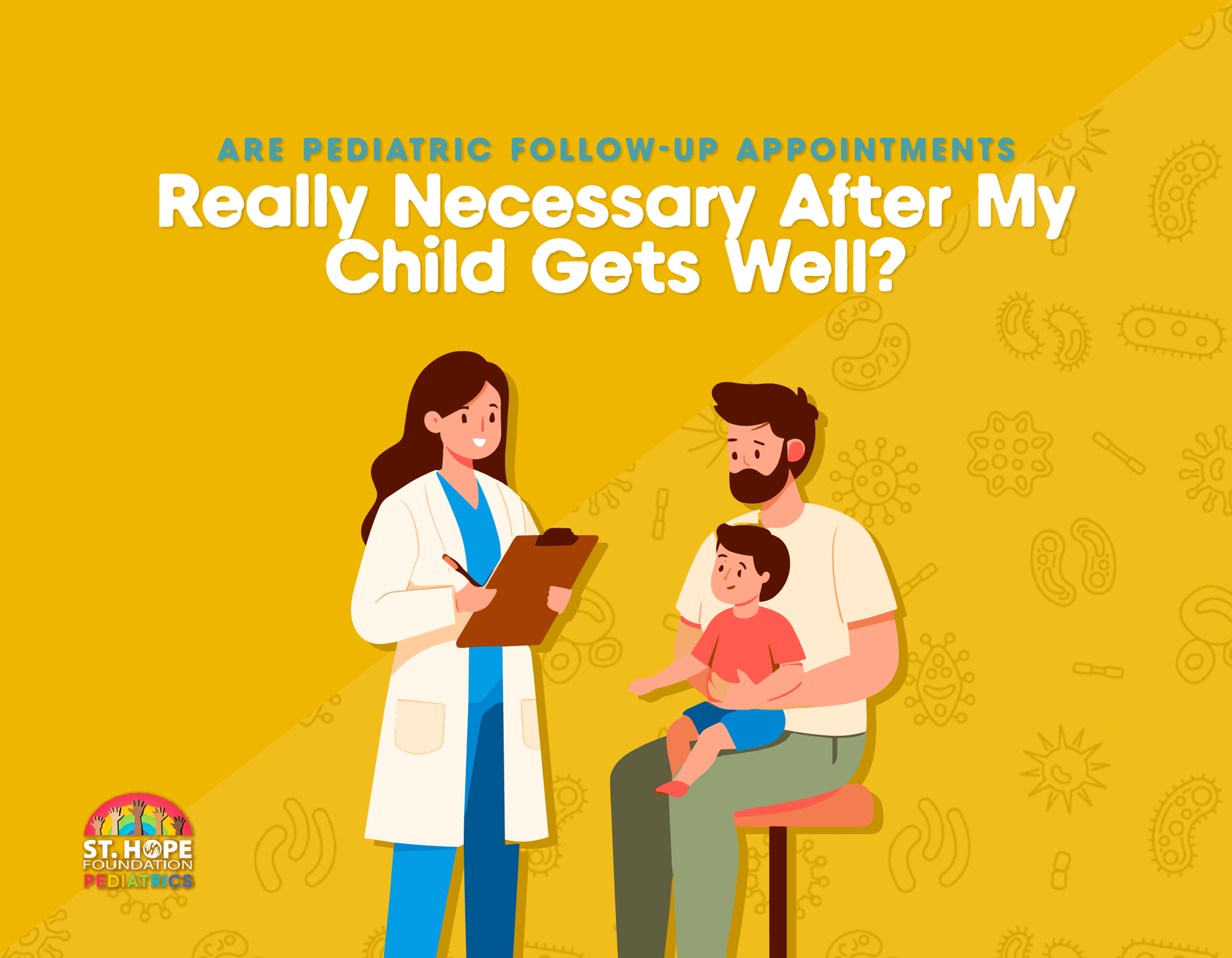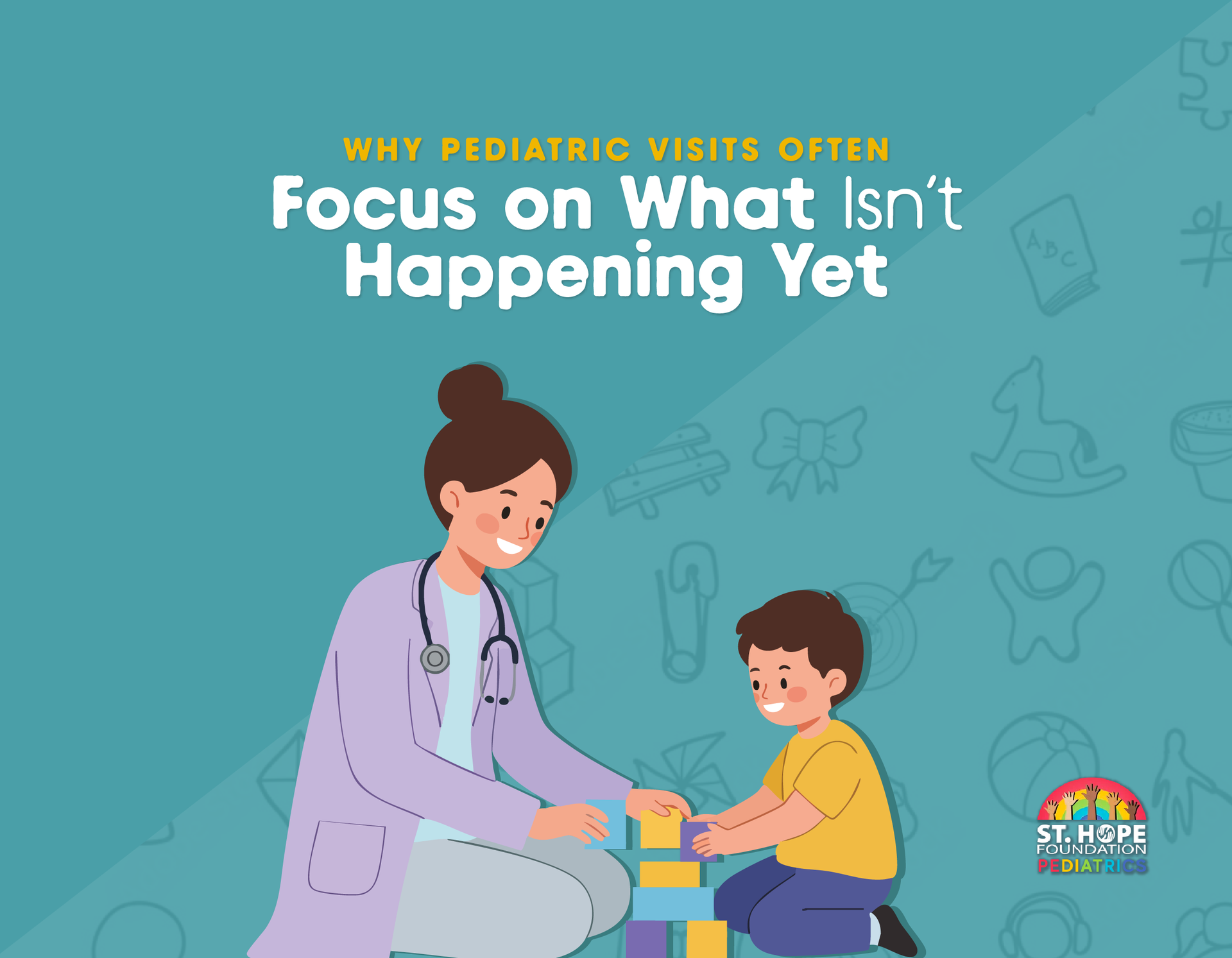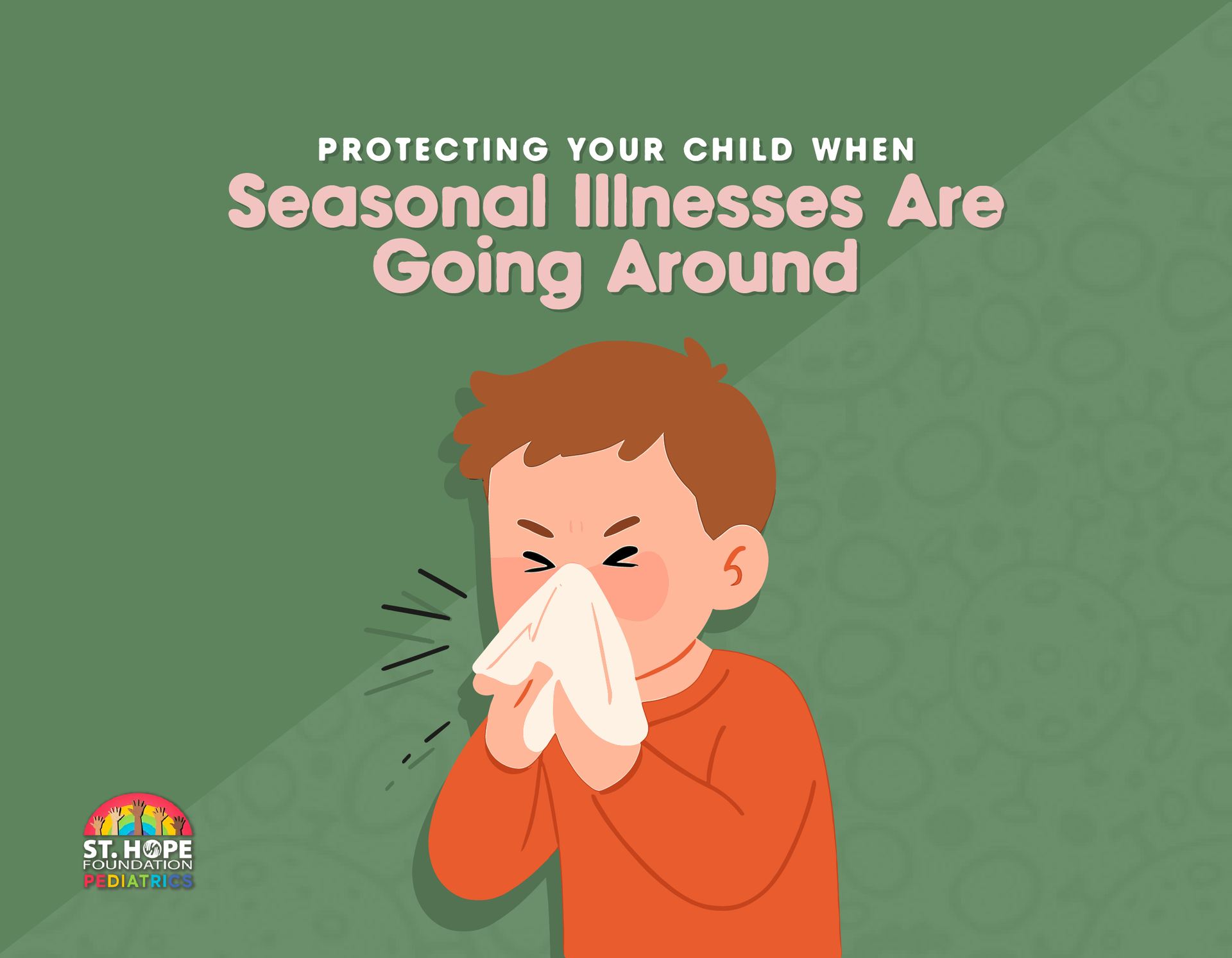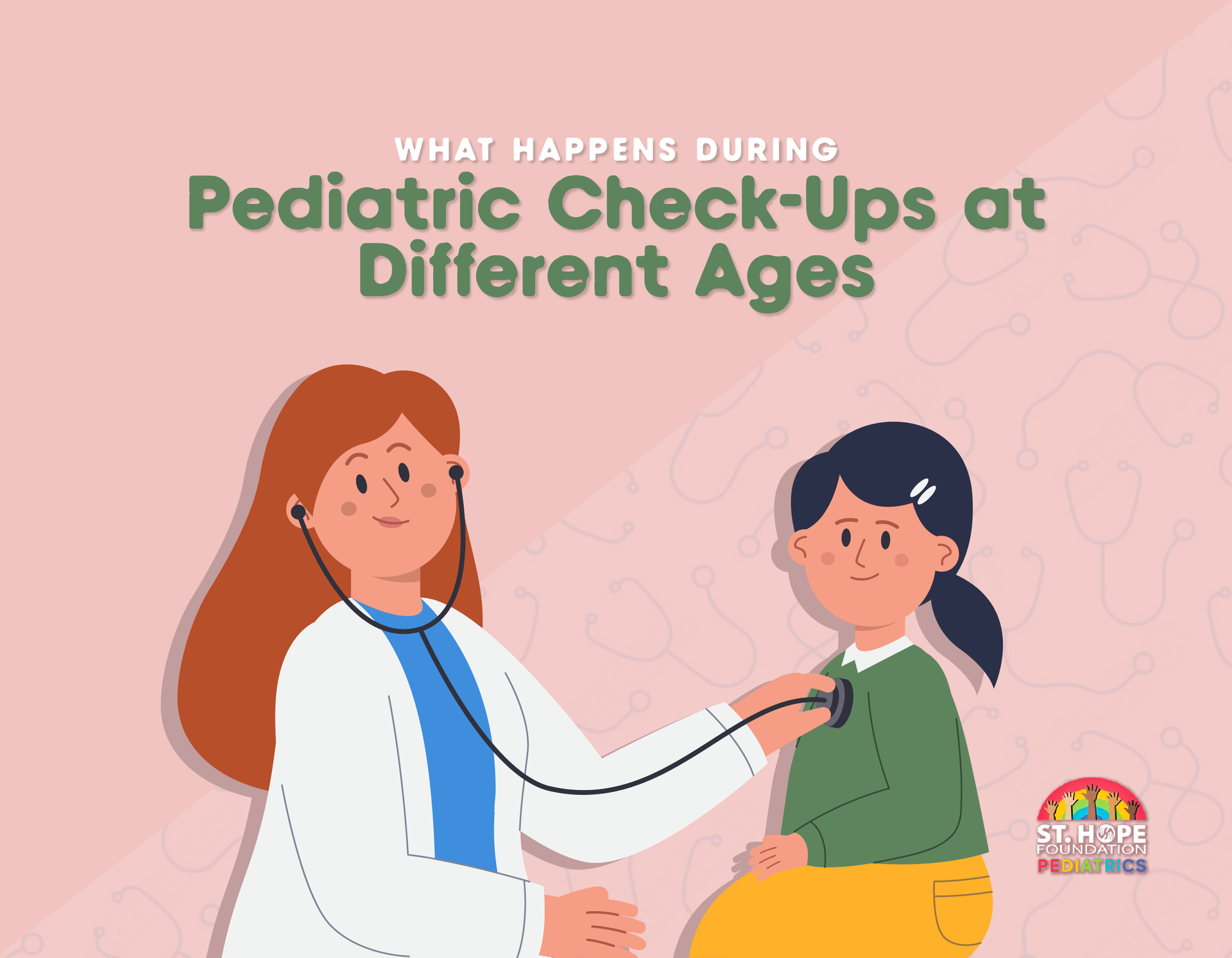
Childhood depression is not just a phase or a reaction to difficult situations. It is a real mental health condition that affects how a child thinks, feels and behaves. Unlike adults, children may not have the words to express their sadness or confusion. Instead, their distress often shows up through changes in mood, behavior and daily routines.
Depression in children can stem from a combination of factors such as genetics, family environment, trauma and even biological imbalances. Stressful life events, including bullying, loss of a loved one, divorce or academic struggles, can also play a role. No matter the cause, recognizing early warning signs gives parents and caregivers the best chance to intervene effectively.
Emotional and Behavioral Warning Signs
Signs of depression can sometimes appear subtle or even the opposite of what you might expect. While some children become quiet and withdrawn, others may act out or show increased irritability.
- Persistent sadness or tearfulness: Your child seems sad most of the time or cries easily without clear reason.
- Loss of interest in activities: The no longer seem interested in hobbies or playtime that once brought them joy.
- Irritability or anger: Instead of sadness, depression may show up as frequent temper tantrums, defiance or frustration.
- Low energy or fatigue: A child may sleep more than usual or seem exhausted even after a good night’s rest.
- Difficulty concentrating: Teachers may notice a drop in school performance or trouble paying attention.
- Feelings of worthlessness or guilt: Your child may express self-critical thoughts or feel like they can’t do anything right.
- Withdrawal from friends and family: They may prefer to be alone or show less interest in socializing.
A child experiencing depression may not show all these symptoms simultaneously. All these behaviors can also arise from one-off events in a child’s life, like after an argument with friends, getting in trouble at school, getting a bad grade or losing a grandparent.
Temporary despondency is normal after upsetting events, but you should seek help if the symptoms last for two weeks or longer and are interfering with a child’s ability to function normally.
Physical Symptoms That Might Be Overlooked
Depression does not always appear emotional. In children, it often shows up through physical complaints, especially when they cannot explain how they feel. Parents and caregivers should watch for:
- Frequent stomachaches or headaches without an identifiable medical cause
- Changes in appetite, either eating too much or too little
- Sleep disturbances, including insomnia, nightmares or oversleeping
- Slowed movements or restlessness that seem unusual for the child
These symptoms can easily be mistaken for illness, stress or growth changes, but when combined with emotional or behavioral shifts, they may signal mental health challenges.
How Depression Differs by Age
The symptoms of depression often change as children grow.
- Preschoolers may show increased clinginess, tantrums or fear of separation from caregivers.
- Elementary-aged children might express hopelessness, low self-esteem or anxiety about school.
- Preteens and teens may withdraw socially, take more risks or show signs of self-harm.
When to Seek Professional Help for Your Child
It can be hard to know when typical sadness becomes depression. If your child is still showing symptoms more than two weeks after a traumatic event, it may be best to consult with a pediatrician or mental health professional. Even if you are unsure, a pediatrician or child therapist can help determine whether what you are seeing requires evaluation or is simply a normal part of growing up or a one-off response to a specific event.
Professional support may include counseling, behavioral therapy or, when appropriate, medical treatment.
How Parents and Caregivers Can Help
- Listen without judgment: Encourage open conversations and validate your child’s feelings instead of dismissing them.
- Maintain routines: Structure and predictability provide comfort and stability.
- Encourage physical activity and social time: Exercise and supportive friendships can boost mood and confidence.
- Monitor online activity: Cyberbullying and excessive screen time can be the root of emotional challenges or worsen a child’s distress.
- Stay connected with teachers and caregivers: The other adults in a child’s life can share valuable insights about their mood or behavior at school.
Early Intervention Makes All the Difference
With compassionate care and professional guidance, most children go on to live happy, productive lives. Early management of depression may help prevent long-term complications such as academic struggles, substance use or chronic depression in adulthood.
If you have noticed lasting sadness, withdrawal or sudden changes in your child’s behavior, it is time to take action.
Get Mental Health Support for Your Child in Houston and Sugar Land
Parents are the most important people in a child’s life, and the adults are best positioned to help them through mental and behavioral health challenges. Taking action when you see warning signs of depression is the best way you can protect their happiness and future mental health.
Schedule an appointment today with St. Hope Pediatrics by calling (713) 778-1300 to learn more about our counseling services.













